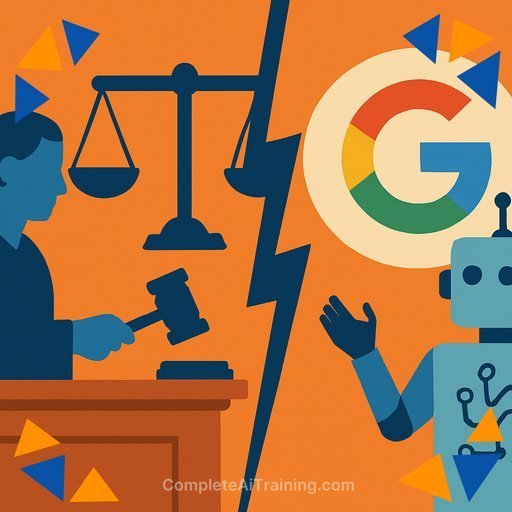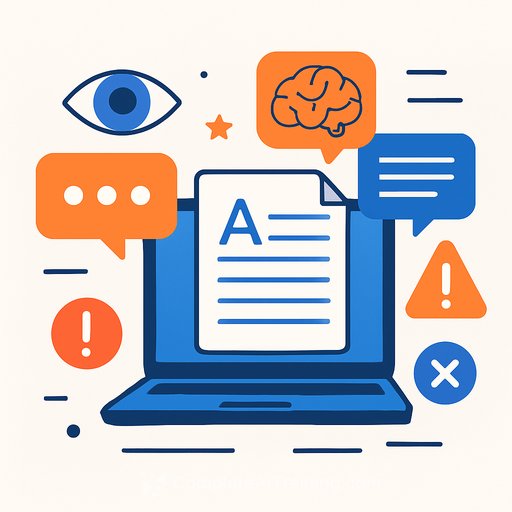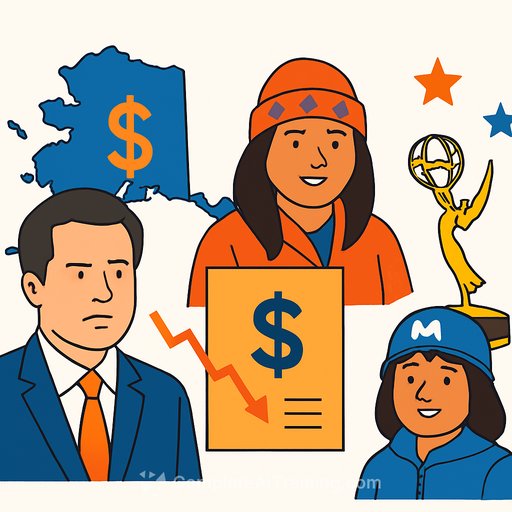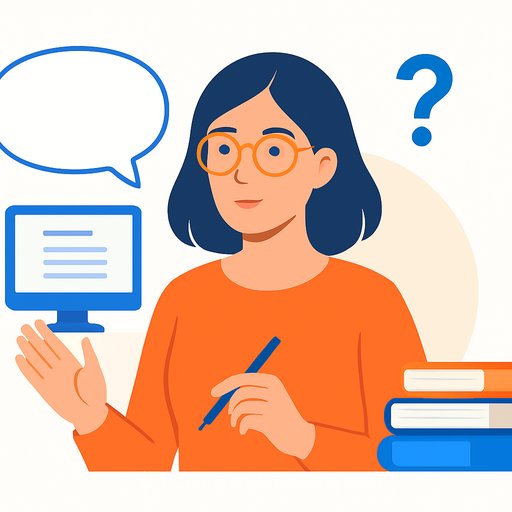$1.5B Anthropic-Authors Settlement: What Writers Need To Know Now
A federal judge has given preliminary approval to a $1.5 billion settlement between Anthropic and authors/publishers who say their books were pirated to train chatbots. The deal will pay about $3,000 per book for an estimated 465,000 titles. It covers past use only-no future works.
U.S. District Judge William Alsup called it a fair settlement, while noting distribution will be complicated. The court previously found that training chatbots on copyrighted books wasn't illegal, but said Anthropic wrongfully acquired large numbers of books from pirate sites.
Key facts at a glance
- Total fund: $1.5B, with about $3,000 per covered book.
- Scope: ~465,000 titles alleged to have been used; applies to past works only.
- Status: Preliminary approval granted; a claims process and notice program are in motion.
- Court stance: Training on books was found lawful; acquiring them from pirate sites was not.
- Oversight: The judge pressed for a robust notice system so authors don't "get the shaft."
What this means for you
If your book is on the list, you may be eligible for a payout. A notice process is being set up so authors and publishers can claim or opt out. The court wants a high-visibility system to reach everyone, including lesser-known authors.
The Authors Guild supports the deal, saying it signals that infringement has a cost. The Association of American Publishers called it a major step in accountability. Anthropic says the settlement resolves how certain materials were obtained and that the court's June ruling on fair use stands.
Action steps for authors
- Watch for official notices about the claims process. Verify sender details before acting.
- Prep your info: ISBNs, editions, pen names, contracts, and publishing timelines.
- Decide early whether you'll file a claim or opt out. Talk to your agent or attorney.
- Keep records of your rights and prior licensing terms for each title.
- If you manage your own rights, document where full-text copies of your books are hosted online.
- Review your future contracts. Add clear terms on AI training, data scraping, and licensing.
- Stay informed on AI/copyright policy and how future licensing might work.
What this doesn't do
- It doesn't cover future works. Expect separate licensing or new agreements for anything published going forward.
- It doesn't overturn the court's view that training on books can qualify as fair use. The dispute here centers on how materials were obtained.
Why this matters beyond one case
Industry groups say other AI developers used similar sources, so this deal will likely push the market toward legal licensing. For working authors, this is both compensation for past use and a sign that future deals will be more explicit-and potentially more valuable.
Helpful resources
Level up your AI literacy (for writers)
- AI tools for copywriting: vetted picks and use cases
- Claude certification: practical workflows and safeguards
Bottom line: if you've published books in the last decade, pay attention to the notice process. Get your documentation ready so you can claim-or opt out-on your terms.
Your membership also unlocks:






